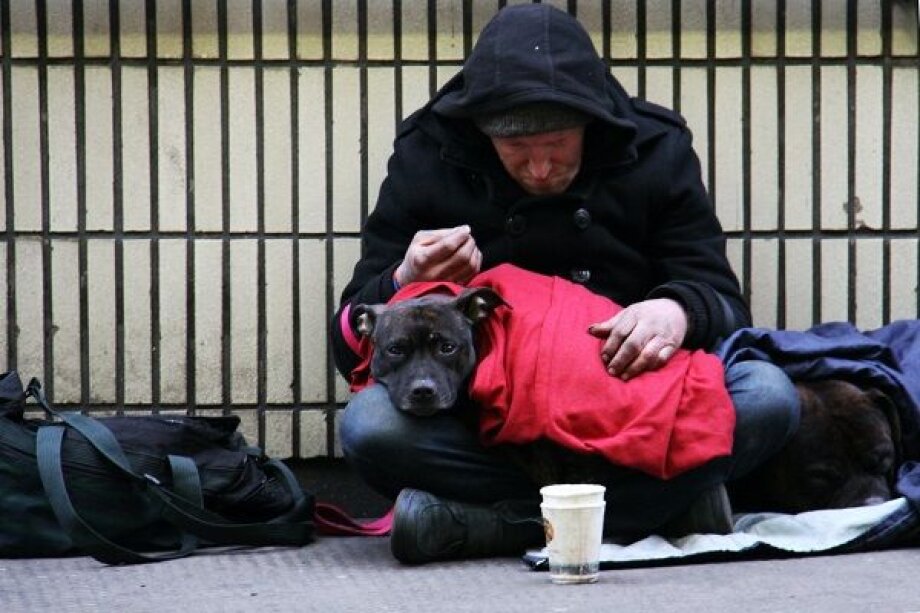Covid-19 pandemic deepens social inequalities and political unrest


The economic stress caused by the pandemic will increase global political risks by the end of 2021 and will intensify the threats faced by already unstable economies, according to the latest Marsh report. This year's Marsh 2021 Political Risk Map reflects the results of the latest Global Risks Report, published by the World Economic Forum, which indicated that the Covid-19 pandemic is exacerbating the existing imbalances between emerging and industrialized economies. It also leads to social stratification, which will weaken geopolitical stability in the next 5-10 years.
As the report emphasizes, social inequalities are a common risk in many regions of the world – especially in the countries of the Americas and Europe. It is projected that in the future, these imbalances are likely to influence elections as well as contribute to the emergence of political and economic nationalism and create conditions conducive to outbreaks of open conflicts.
As a result, many countries have launched or changed their government-backed trade credit insurance programs to ensure greater economic stability. Although these programs currently support domestic trade and exports, critics accuse them of keeping alive the so-called zombie companies (enterprises characterized by high debt and low cash reserves). Marsh's publication highlights the risk of mass bankruptcies among zombie companies after government support programs expire.
“This is undoubtedly an important aspect of this analysis. Also in Poland, insurers and companies themselves agree that, paradoxically, it is now, when most of the support programs for economies have ended or have already ended, that the risk of insolvency of contractors from countries perceived as safer should be expected to increase,” Maciej Kalbus, Deputy Director of the Credit and Political Risk Department at Marsh Polska, said.
The Marsh 2021 Political Risk Map is based on data from the World Risk Review platform used by the Marsh Specialty Team. The WRR evaluates 197 countries against nine security, trade, and investment indicators.
(WBJ)